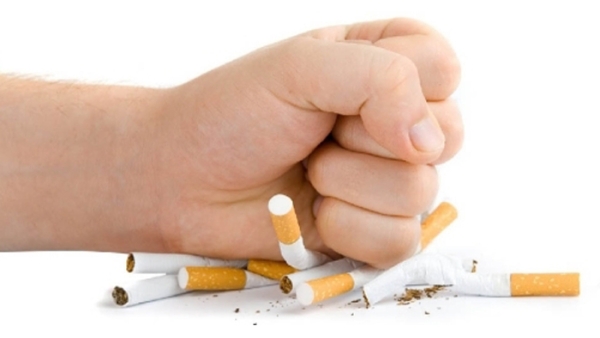
Muscat: Tobacco products can no longer be “advertised” in supermarkets and shops under new rules, a senior official of the Ministry of Health has said.
Speaking to the Times of Oman, Dr Jawad Al Lawati, senior consultant and rapporteur for the National Tobacco Control Committee at the Ministry of Health (MoH), said several malls and outlets have already started removing tobacco products from shelves where these were prominently visible to everyone.
“Of course, they are free to sell tobacco products, and there is no problem with that. However, they cannot advertise or put up huge pictures of people smoking just about anywhere,” he clarified.
According to a survey, 14 per cent of Oman’s male population and half a per cent of the female population uses tobacco products. “Smoking is very bad for health as it causes various diseases. Any kind of restriction on selling or advertising tobacco will help raise people’s awareness and contribute towards reducing the burden that diseases caused by tobacco cast on the society,” he said. Citing records, Lawati noted that 40 to 60 per cent of deaths in Oman occurred due to non-communicable diseases, such as cardio-vascular conditions, including coronary heart disease and various kinds of cancer.
In 2016, the ministry had banned advertising of tobacco products on radio, television, newspapers and online publishing houses.
The circular, issued on April 5, 2016, was in keeping with the Press and Publications Law issued through the Royal Decree No.49/84 and the Royal Decree No.20/2005. Under these decrees, Oman agreed to join the World Health Organisation’s Framework Convention on Tobacco Control.
Health experts welcomed the recent ban on tobacco advertising, terming it a positive move to curb the habit of smoking in Oman. “It is well known that tobacco is causing a lot of health issues, impacting not only the smoker, but also others inhaling passively. Banning tobacco advertising will raise awareness among people,” said Dr Pradeep Maheshwari, Specialist, Internal Medicine, at a private hospital.